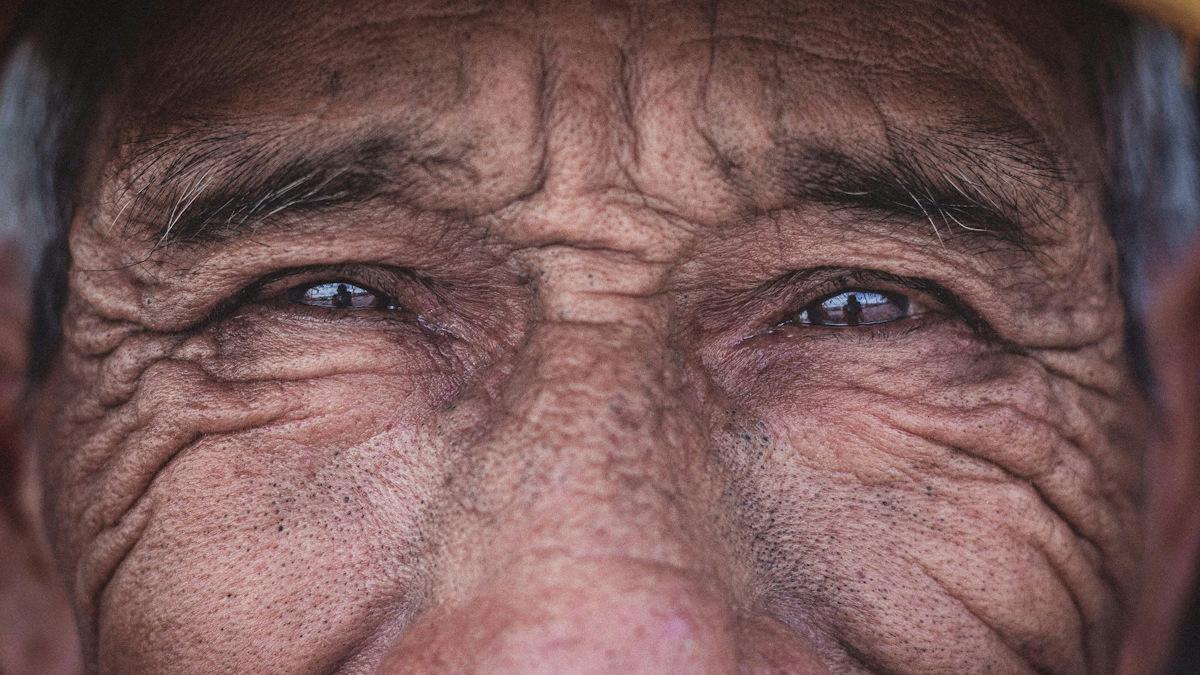Could an AI for biological age guide cancer treatment?

Researchers in the US have developed an artificial intelligence algorithm that could help doctors predict a patient's chance of surviving cancer – and potentially guide treatment decisions.
The FaceAge algorithm, developed by scientists at Mass General Brigham and trained on hundreds of thousands of headshots, examines a patient's face and converts data from features into a biological age, as opposed to their chronological age.
Looking at a group of more than 6,000 patients with cancer in the US and the Netherlands, they found that they had a five-year higher biological age, on average, than a comparison group without cancer. Moreover, cancer patients who had a higher biological age tended to have a lower chance of surviving cancer and a shorter lifespan than those with a lower age.
FaceAge was more accurate at predicting the lifespan of patients than clinicians among patients receiving palliative radiotherapy for cancer, according to their findings, which have been published in The Lancet Digital Health journal.

The researchers found that the clinician's accuracy was "only slightly better than a coin flip" – even with clinical context such as chronological age and cancer status – but improved significantly when FaceAge data was included.
The results raise the intriguing possibility that two patients of the same chronological age – but with a big difference in their biological ages – could be offered different treatment depending on their ability to tolerate it and the chances of a positive outcome.
At the moment, doctors may well be making such decisions on the basis of their experience or a gut feeling, but the AI could complement those intuitive assessments. Now, the team hope to extend their work to look at other diseases.
"We can use…AI to estimate a person's biological age from face pictures, and our study shows that information can be clinically meaningful," said co-senior and corresponding author Hugo Aerts, director of the Artificial Intelligence in Medicine (AIM) programme at Mass General Brigham.
"This work demonstrates that a photo like a simple selfie contains important information that could help to inform clinical decision-making and care plans for patients and clinicians," he added. "How old someone looks compared to their chronological age really matters – individuals with FaceAges that are younger than their chronological ages do significantly better after cancer therapy."
Another member of the AIM team, Ray Mak, said that the study could be an early demonstration of an emerging field of biomarker discovery from photographs.
"As we increasingly think of different chronic diseases as diseases of ageing, it becomes even more important to be able to accurately predict an individual's ageing trajectory," he remarked.
"I hope we can ultimately use this technology as an early detection system in a variety of applications, within a strong regulatory and ethical framework, to help save lives."
Photo by Tom Morbey on Unsplash












